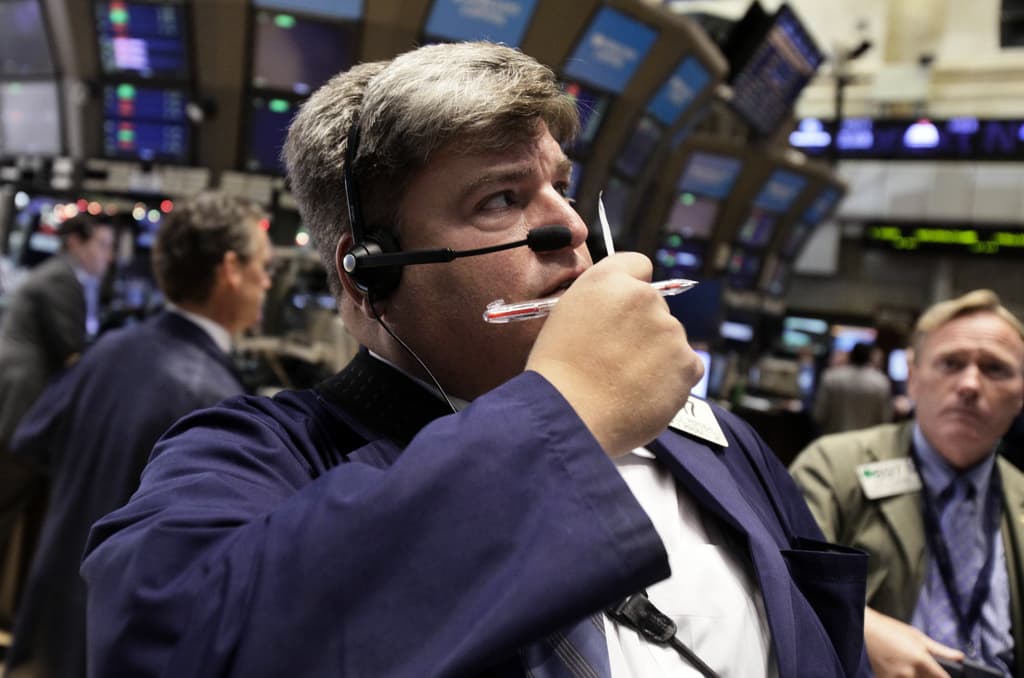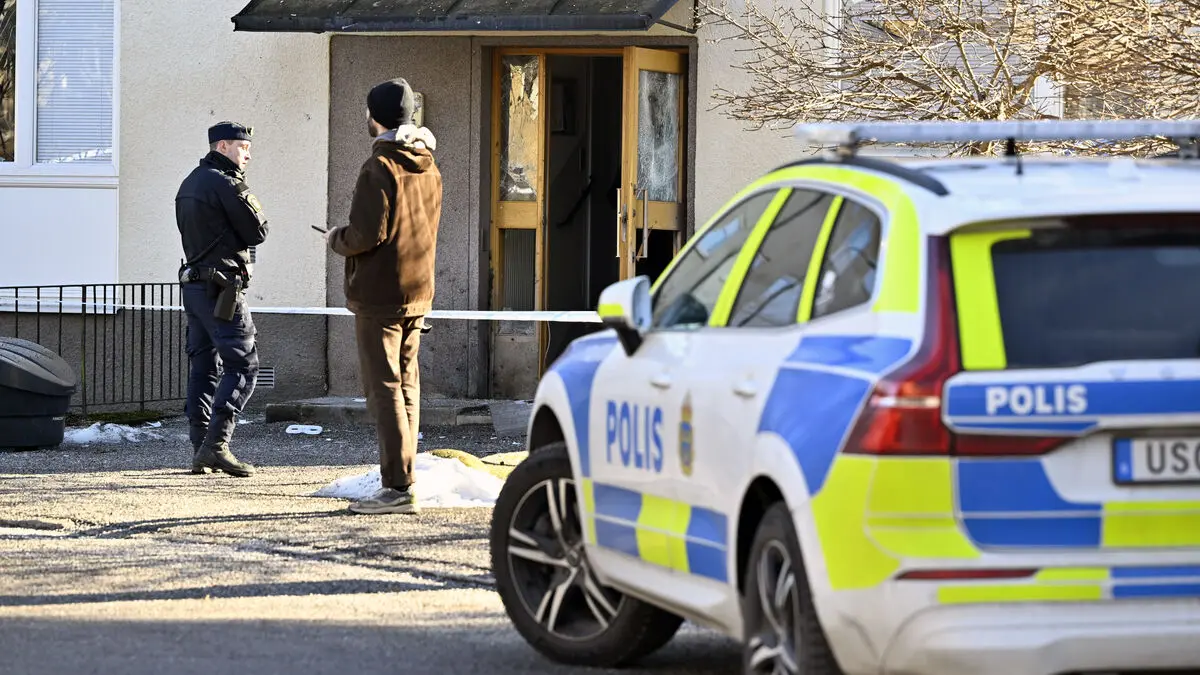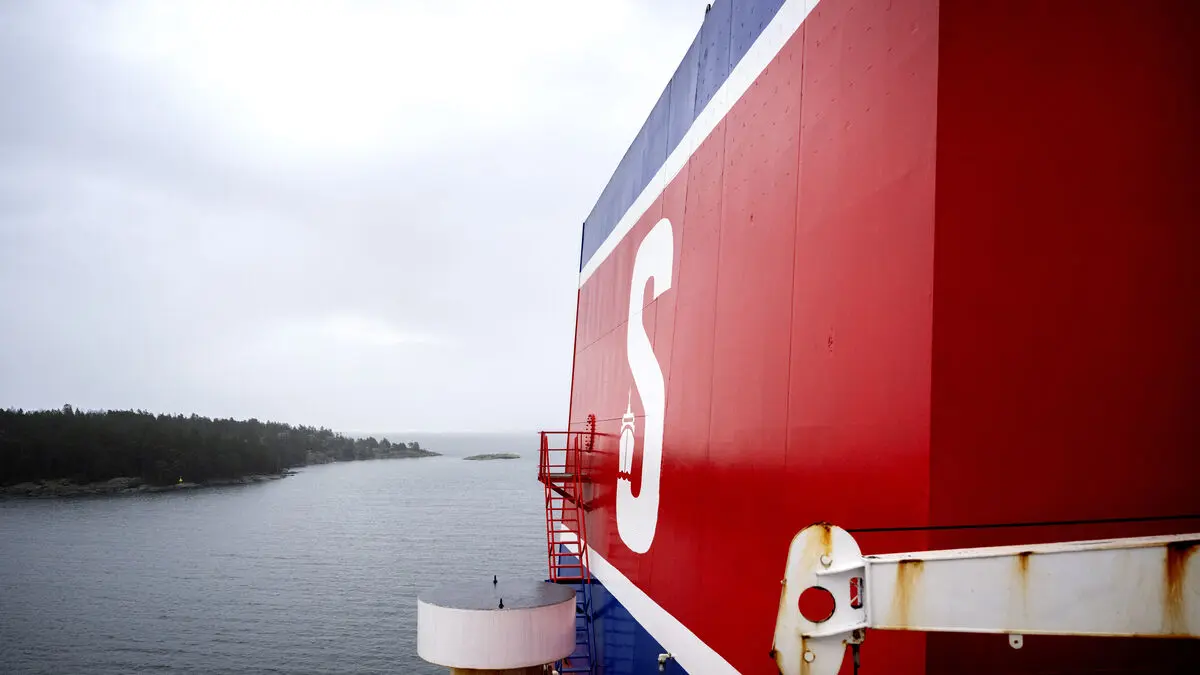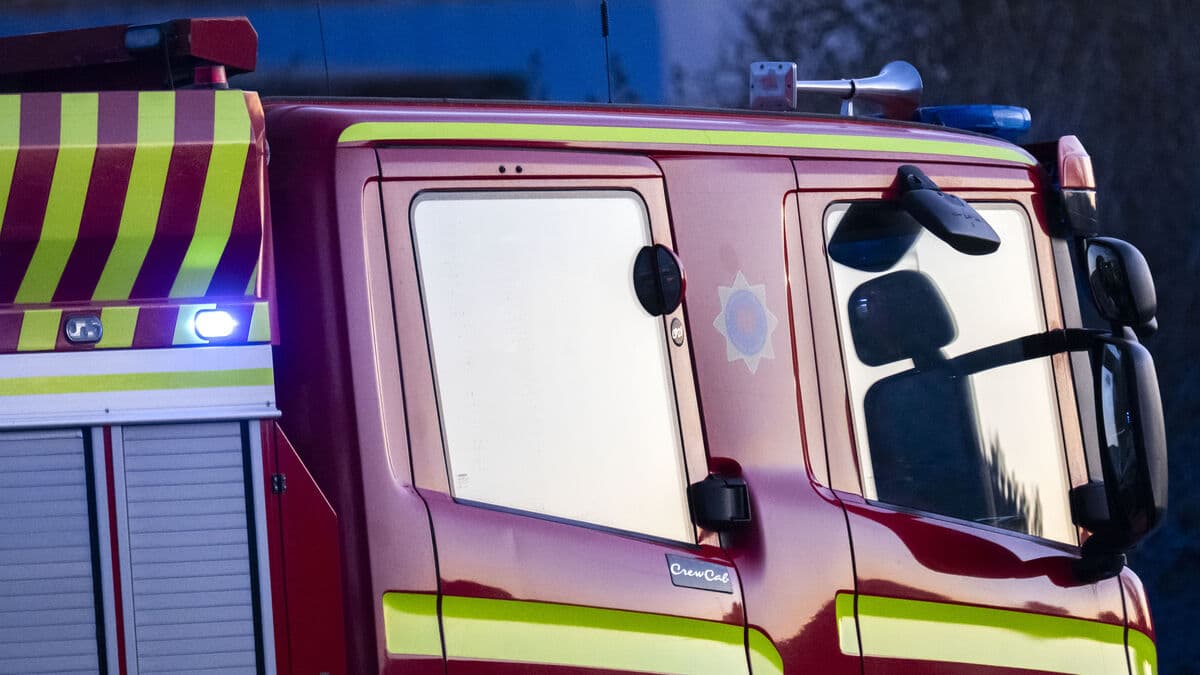The euro is strengthening against the dollar, French bond yields are falling, and the Paris stock exchange is rising sharply after the first round of the French parliamentary election.
The market is breathing a sigh of relief as it does not appear that the far-right party National Rally – which seems to be becoming the largest party – will gain a majority of its own.
The market likes that it now seems to be a situation that requires compromise and filing down of the most far-reaching proposals, says Jens Magnusson, chief economist at SEB.
But it is not certain that the market has calmed down completely. Ahead of the second round of voting next weekend, the parties will position themselves and find alliances.
Depending on how that goes during the week – what statements are made, who agrees with whom – the market may react in different ways. Today's reactions suggest a certain relief, but it is not certain that it will last throughout the week, says Magnusson.
Yield gap narrows
The election is being held since President Emmanuel Macron dissolved the French parliament after major setbacks in the EU election in June.
In the foreign exchange market, the euro touched 1.08 dollars during morning trading after hovering around 1.07 dollars in the days leading up to Sunday's election.
European stock exchanges – particularly the Paris stock exchange – have also been pressured by the uncertain situation in French politics.
There is now a relief rally, with a 1.6 percent rise in the Paris stock exchange's CAC40 index. The CAC40 has thus regained its upward trend since the turn of the year – specifically, a gain of around 1 percent.
Risk of poor EU cooperation
The core of the problems is France's weak public finances, with a large national debt and significant budget deficits.
National Rally's expansive and costly proposals – such as lowering the retirement age and tax cuts – combined with the party's EU-skeptical stance, are what worries the market, explains Jens Magnusson.
There are two main reasons: The risk of poor cooperation between Paris and Brussels, and the risk that already poor public finances will become even worse.
The second and decisive round of the French parliamentary election will be held on Sunday, July 7.






